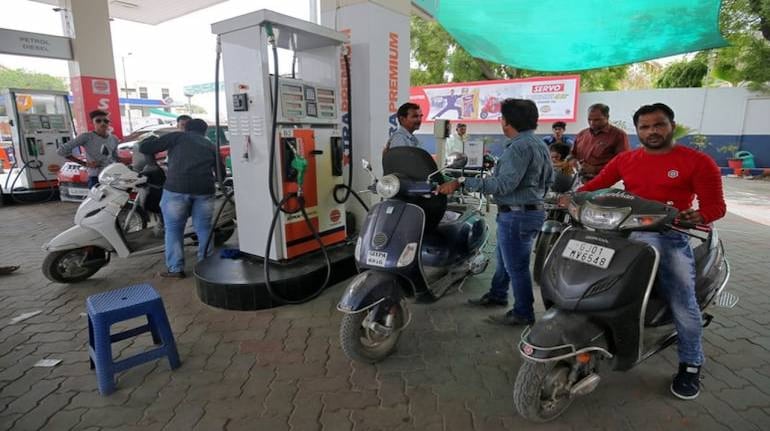
The Madhya Pradesh government on Friday raised the cess on petrol and diesel by Rs 1 to make up for decline in revenue collection due to coronavirus outbreak, an official release said.
As per an order of the Commercial Tax Department, the rise will come into effect from June 13. A cess of Rs 3.50 and Rs 2 was being charged on petrol and diesel, respectively, in Madhya Pradesh.
With the hike, cess on petrol will be Rs 4.50 and that on diesel will be Rs 3 per litre.
Coronavirus India News LIVE Updates
It is estimated that the increase in cess will bring additional revenue of Rs 200 crore from petrol sale and Rs 370 crore from diesel sale annually for the government.
Follow our full coverage of the coronavirus pandemic here.
Discover the latest business news, Sensex, and Nifty updates. Obtain Personal Finance insights, tax queries, and expert opinions on Moneycontrol or download the Moneycontrol App to stay updated!